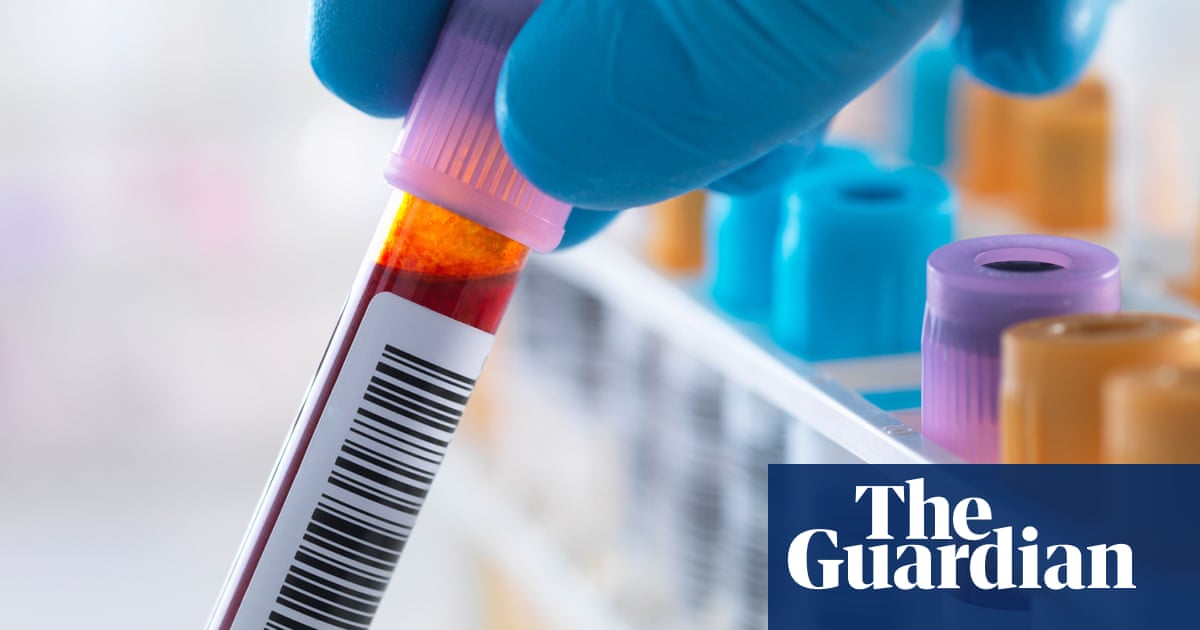Sly Saint
Senior Member (Voting Rights)
See here for the abstract and links to the 2025 ME/CFS paper: link
See here for a link to a 2024 paper on covid-19 outcomes: link
(Development and evaluation of blood-based prognostic biomarkers for COVID disease outcomes using EpiSwitch 3-dimensional genomic regulatory immune-genetic profiling, 2024, Hunter et al)
(sorry I have looked for the research this is referring to)
See here for a link to a 2024 paper on covid-19 outcomes: link
(Development and evaluation of blood-based prognostic biomarkers for COVID disease outcomes using EpiSwitch 3-dimensional genomic regulatory immune-genetic profiling, 2024, Hunter et al)
Oxford BioDynamics shares gain on Covid test publication, advancing Long Covid and Chronic Fatigue Syndrome research - Vox MarketsOxford BioDynamics(OBD) , a biotechnology company developing precision medicine tests, said its prognostic Covid Severity Test (CST) has been presented in a peer-reviewed paper published in the European Society of Medicine, with extended analysis into the related conditions of Long Covid and Chronic Fatigue Syndrome.
The test makes predictions based on a 6-marker model. In the published study, it demonstrated a high positive predictive value for high-risk disease outcomes in the validation cohort. Within the validation cohort, two patients declared clinically to be mild cases were identified as high risk by the test and subsequently died within 28 days of admission.
The results suggest an early, pre-symptomatic detection by the biomarkers of a hyperinflammatory state leading to fatal outcomes. The test for high-risk disease outcome demonstrated a positive predictive value (PPV) of 92.9%, 88% sensitivity, 87% specificity, and a balanced accuracy of 87.9% for all 116 patients used in the study.
Moreover,
OBD
noted that its EpiSwitch database, on which the test is based, was useful in identifying genes associated with patients suffering from Long Covid and other fatigue conditions such as Chronic Fatigue Syndrome (CFS) and Myalgic Encephalomyelitis (ME), for which the largest risk of onset is associated with infectious diseases.
View from Vox
Oxford BioDynamics shares surge 13% in early Friday trade, as the company announces the publication of a paper in a peer-reviewed journal detailing the effectiveness of its EpiSwitch platform-based Covid Severity Test (CST), with related insight linking it to Long Covid and CFS/ME. The platform has already delivered commercial tests and reliable biomarkers for immuno-oncology (CiRT) and prostate cancer (PSE), now adding Covid and fatigue-related conditions to the list.
Investors have more to look forward to, as the London School of Hygiene and Tropical Medicine, Norwich Medical School, and University of East Anglia, have now agreed to grant OBD access to a biobank of samples from CFS/ME patients for direct analysis and identification of diagnostic and prognostic blood biomarkers.
(sorry I have looked for the research this is referring to)
Last edited by a moderator:




